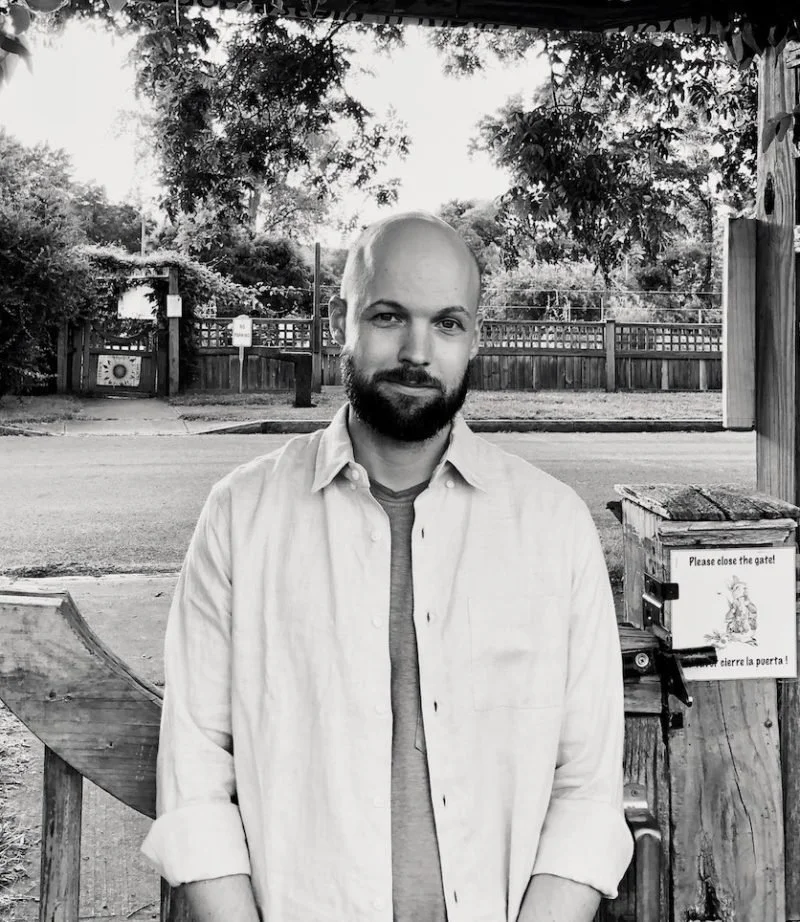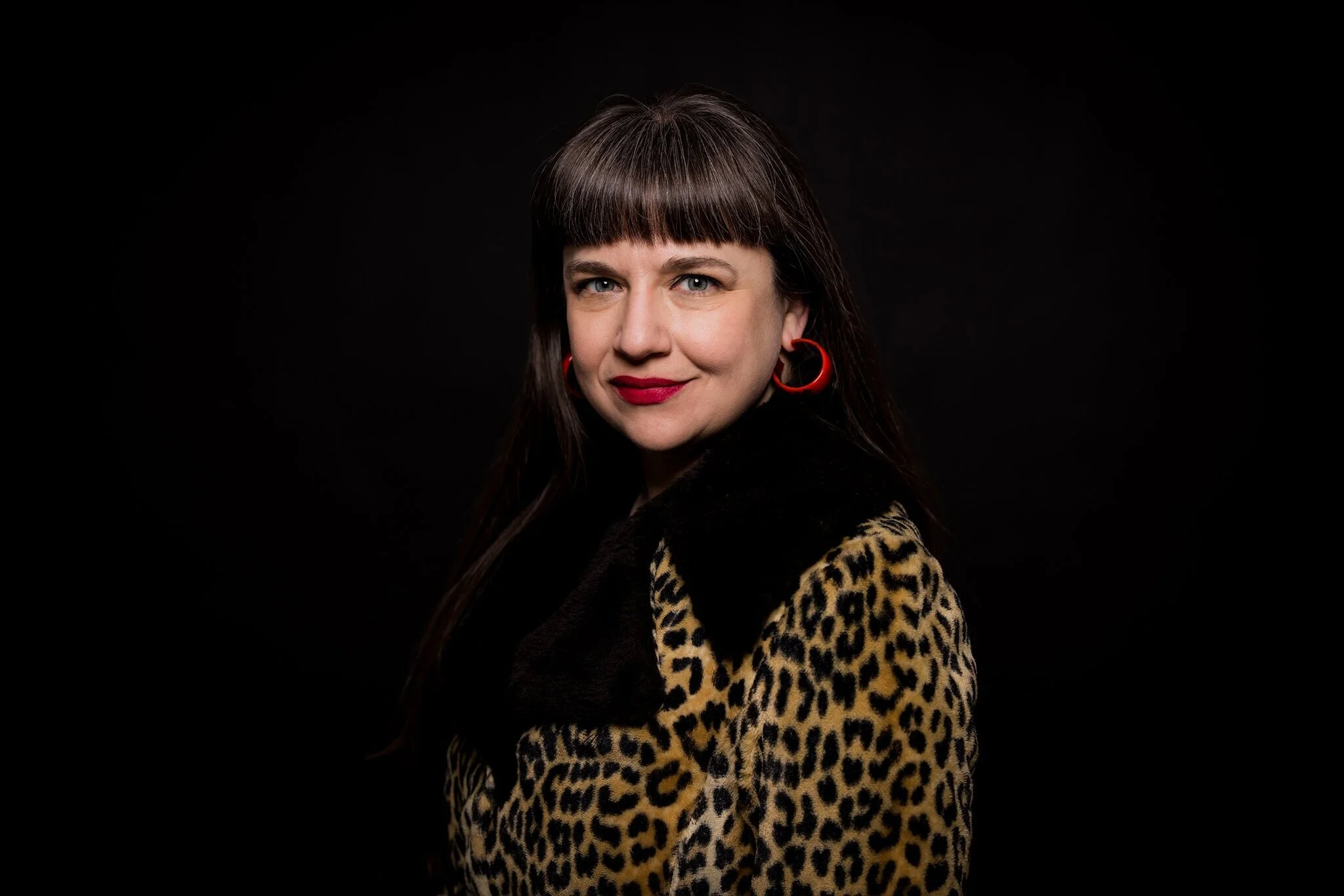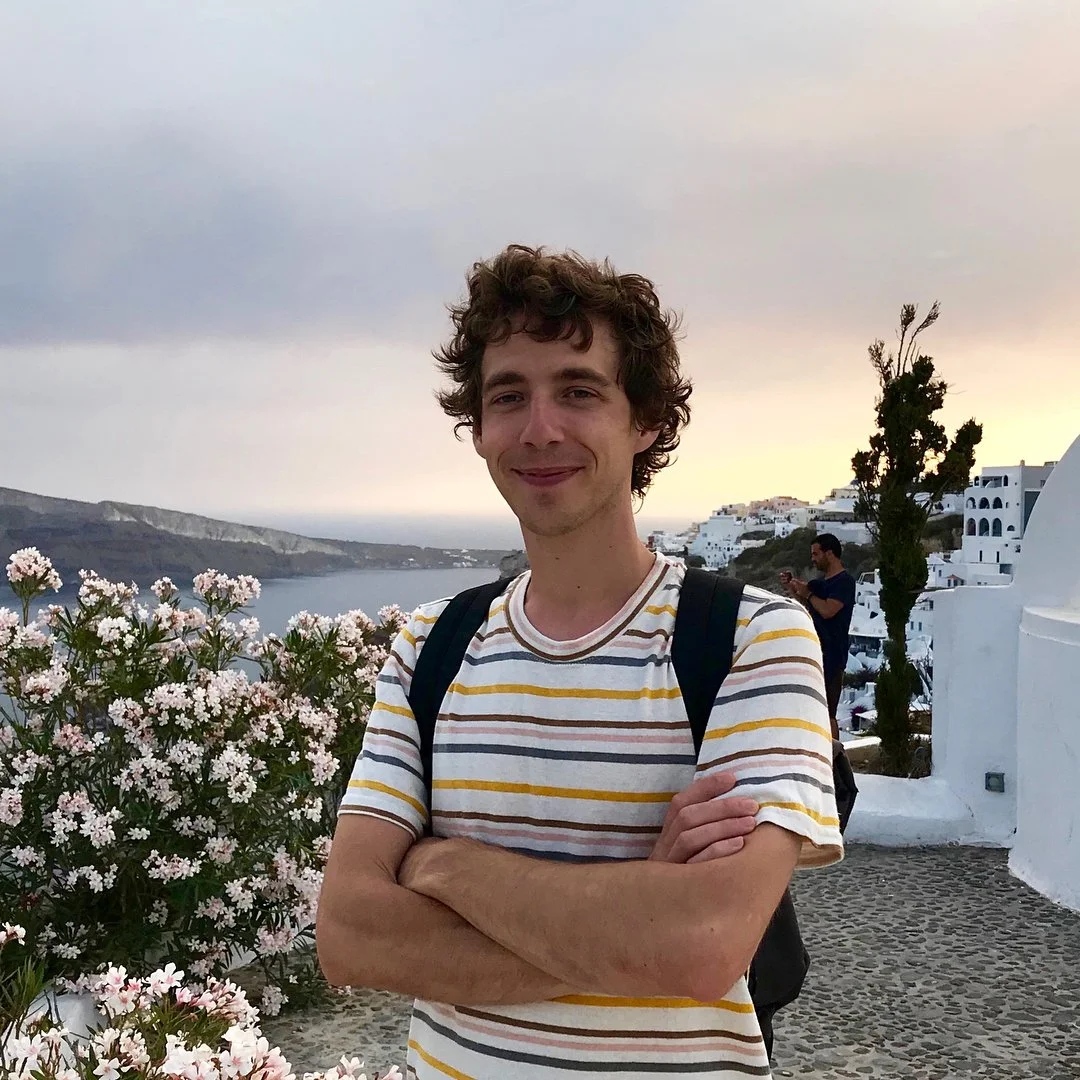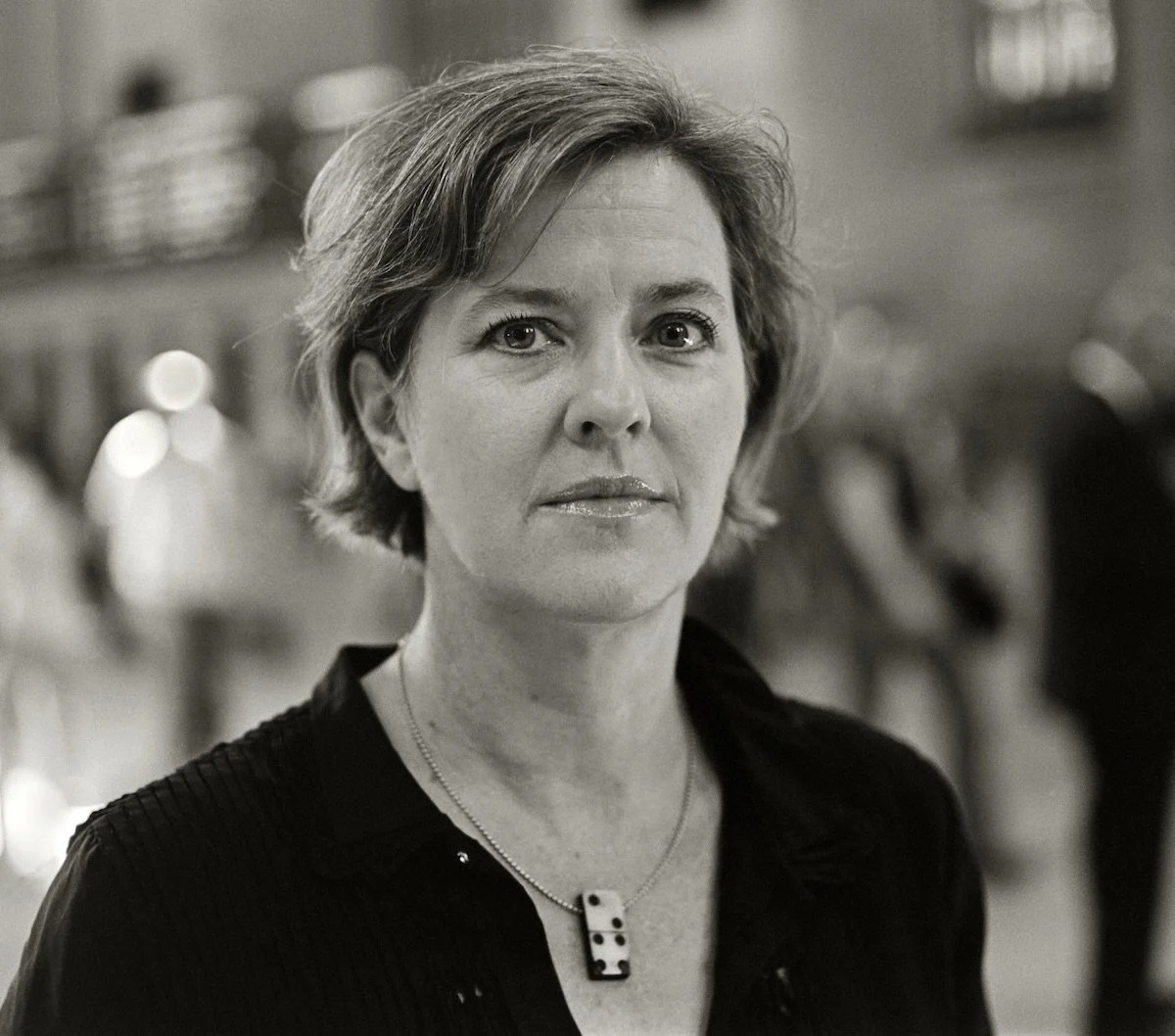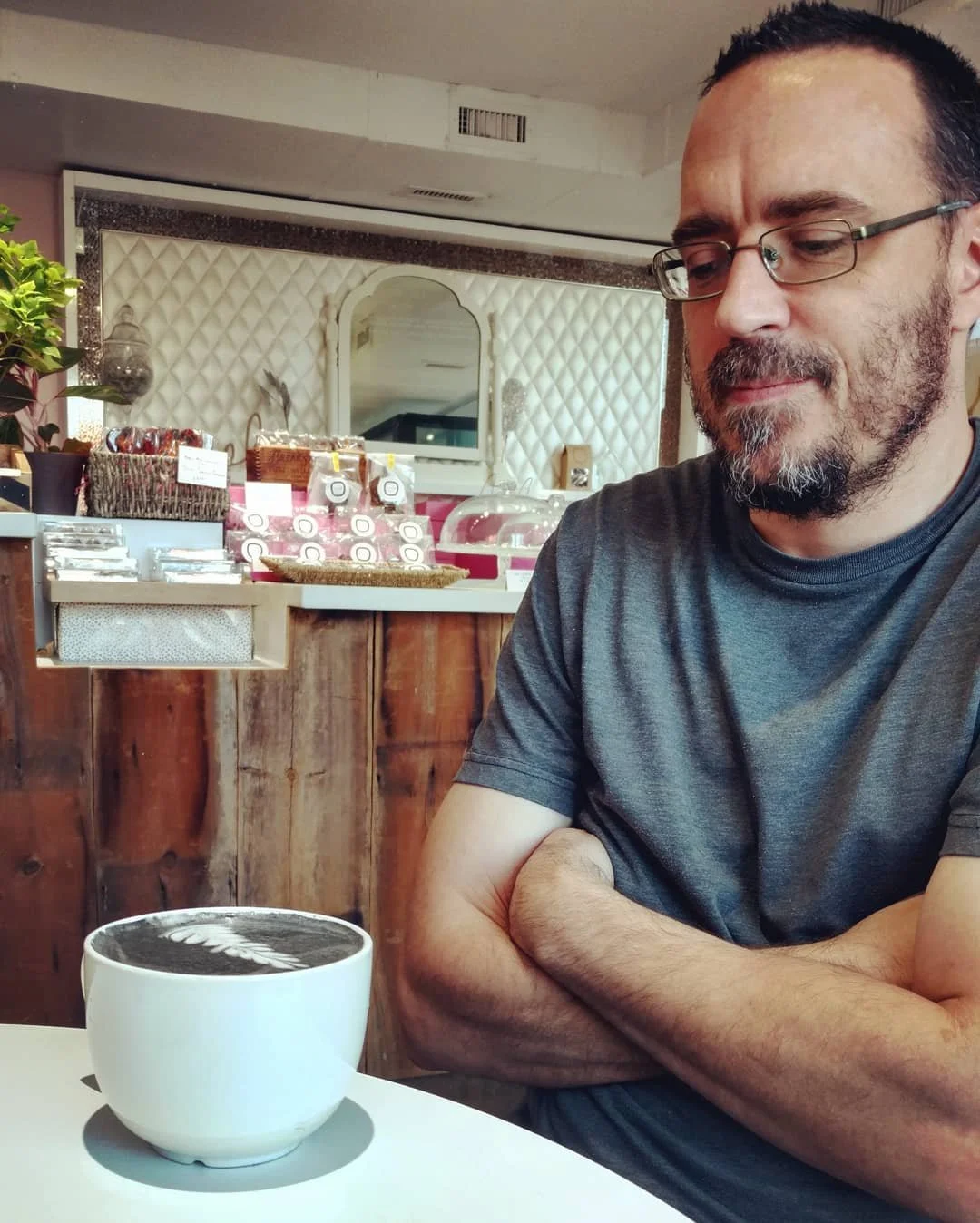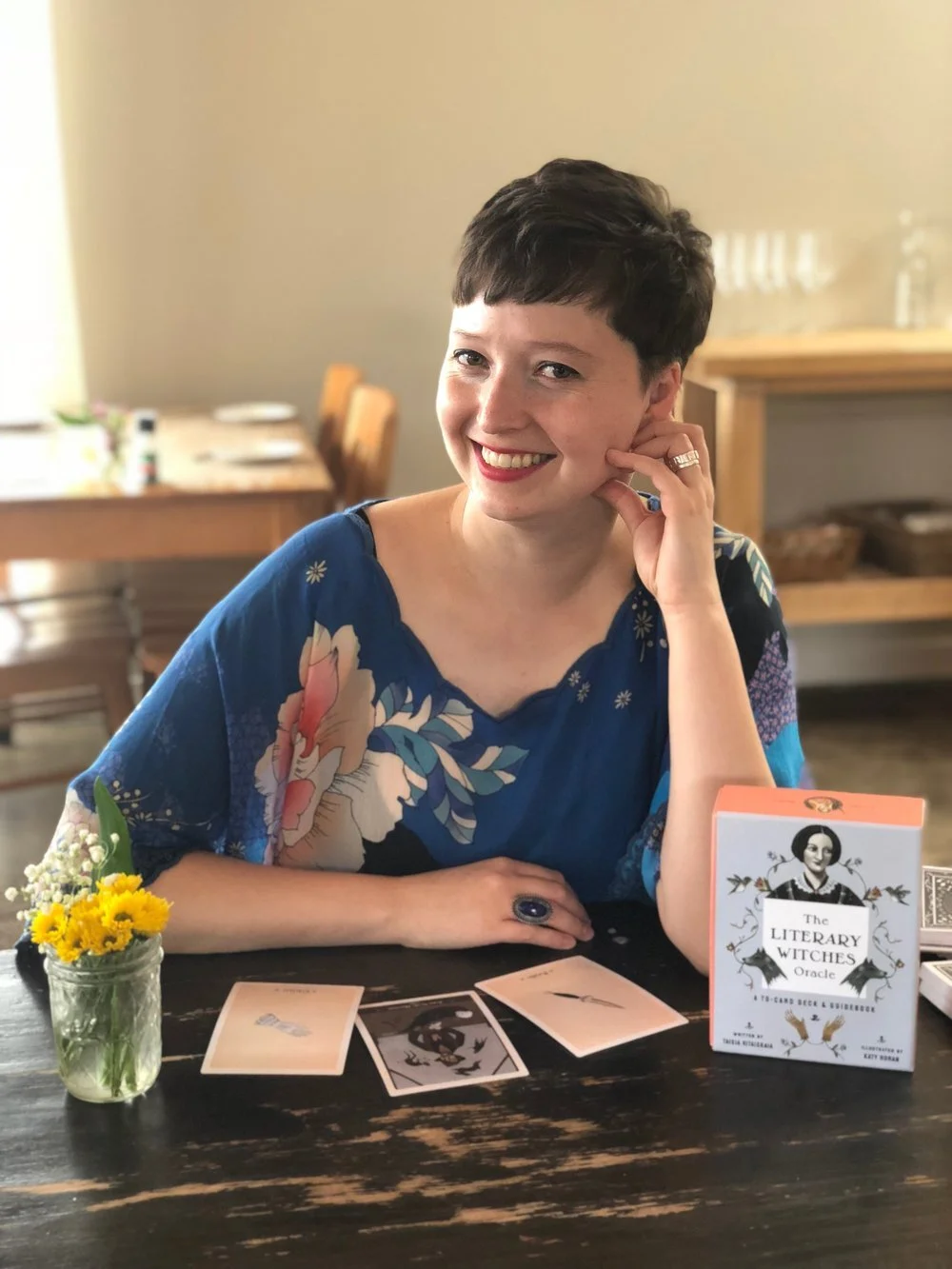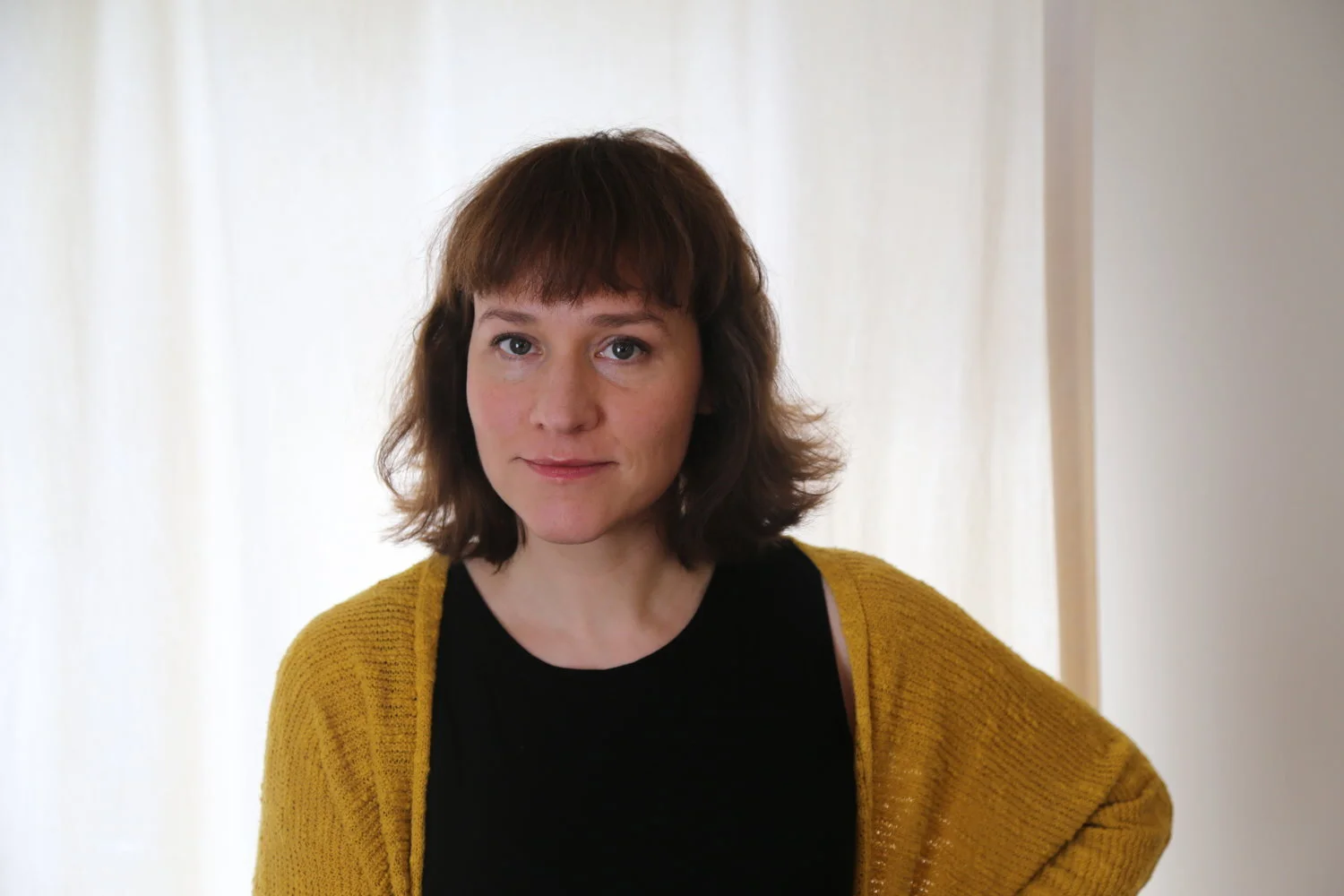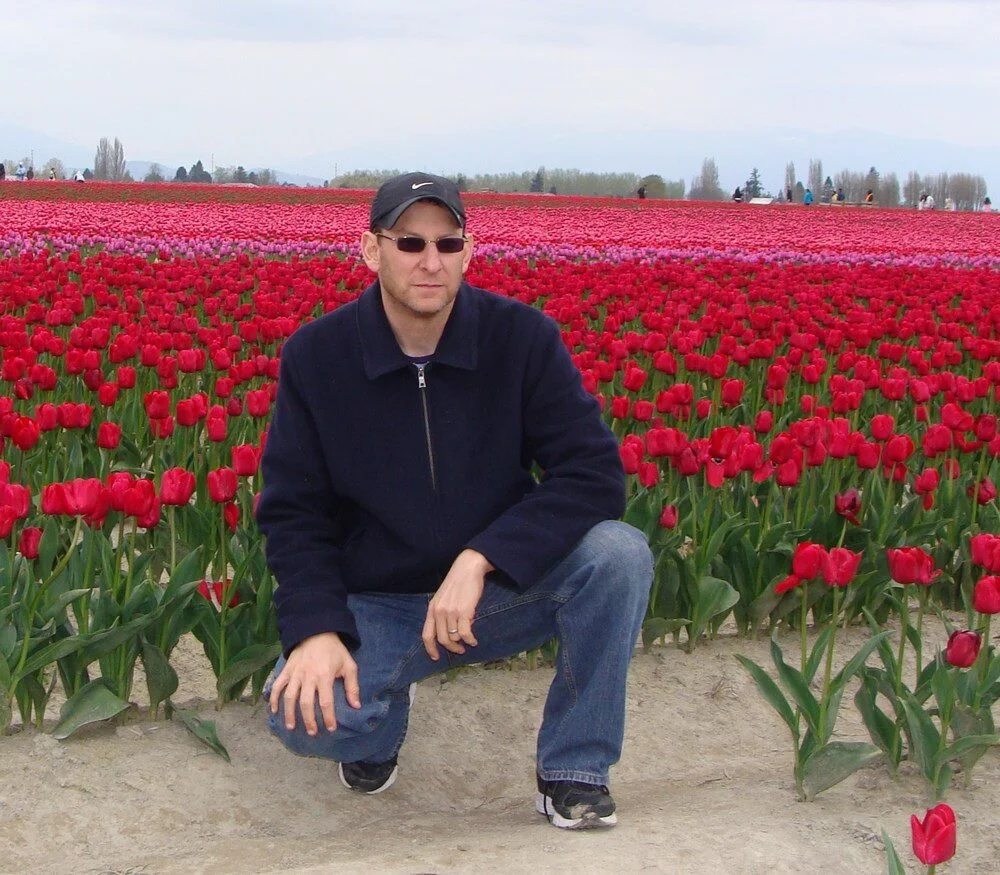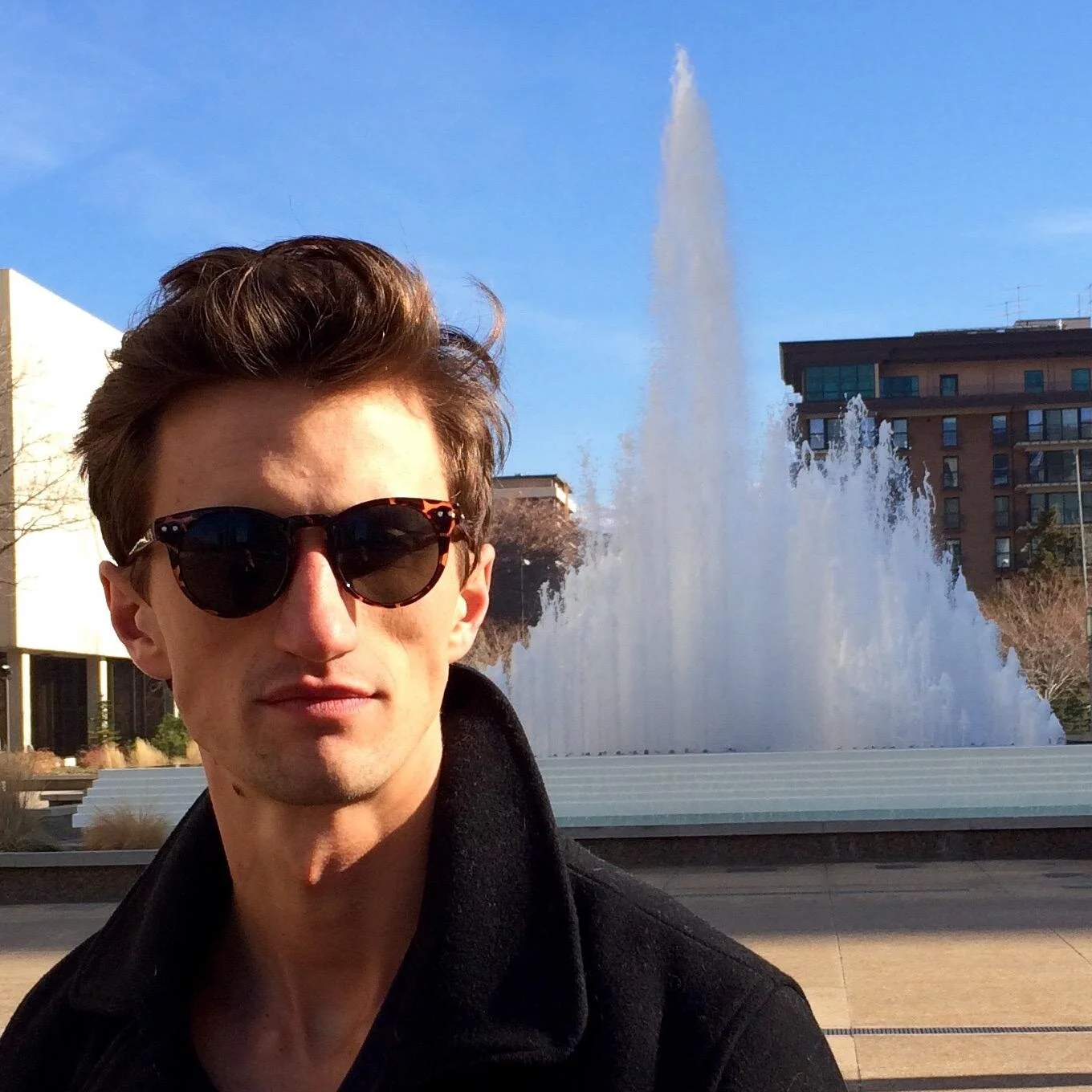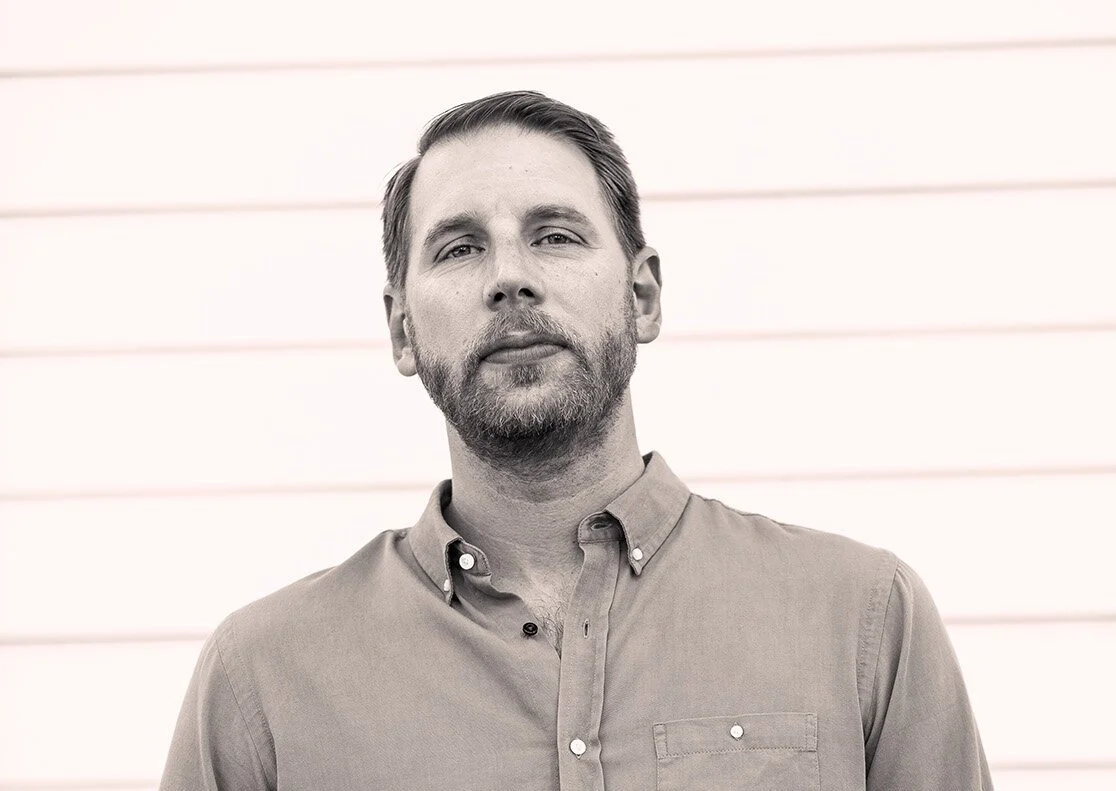For the month of April, Portland-based poet, novelist, and publisher Zachary Schomburg resided in Oaxaca, Mexico with his partner. It was a getaway spent leading poetry workshops (via video chat) in between urban wanders that involved photographs and illustrations. He received at least one tattoo.
The multi-disciplinary artist first grabbed my attention through his four books of poetry, released between 2007 and 2014. All published through Black Ocean, the books are cohesive head trips, surrealist fables both lonely and smirking. Prose poems and lined pieces that tackle sorrow and humor, magic and death, often all in the same mystical breath. Schomburg's portfolio took the shape of something larger when he released his debut novel Mammother (via Featherproof Books) last year. At 340 pages, the fabulist tale is impossible to explain in a couple of sentences, but take note that it properly builds off of Schomburg's poetry. It's full of 'anything goes' mysticism: a woman who lives in a bathtub, girls that turn into wolves. Dark clouds, broken accordions, a factory full of kids smoking cigarettes. It's a book that I haven't stopped thinking about since finishing it back in February.
During the extent of Schomburg's stay in Oaxaca, I conversed with him via e-mail about his poetry, his novel, what he has in the works, and perhaps the wildest writing prompt you'll ever read.
[All illustrations and photography featured were brought to life by Schomburg while in Mexico.]
I read an interview on Divedapper with Heather Christle where she said, "Zach has a real sense of what it is he wants to happen for him as a poet, for his poems." Do you agree with this? Are you always conceptually oriented when it comes to your writing?
You did? Well, I might have a sense of what I want to happen for my poems, but it's not a real sense. When I start writing books, I often have a sense (but not a real one) of what that book will do. Scary, No Scary, Fjords v1, and The Book of Joshua have all been these sort of projects that have had distinct frames from the beginning. I've been writing books, not just poems--like I made one machine for writing many poems and then my job became to just keep turning the machine on. I learned this by watching Mathias Svalina, how he writes many many poems with only one recipe -- Creation Myths, I Am a Very Productive Entrepreneur, Wastoid, Wine Dark Sea, his Bad Science Twitter, his Dream Delivery Service. Although there is one clear recipe, the poems are still able to distinguish themselves from each other. He used to be a baker, so that makes sense (but not a real sense). I have a new book of poems coming out next spring that doesn't have a singular concept. It's a bunch of ideas for books. I kept getting distracted by other better ideas for books. And then I just kept getting distracted by better ideas for poems. And then I stopped. Next up, I'm going to write more Fjords. It's satisfying to write a poem I already know how to write. I feel so comfortable there that I can really make a mess. Like I know how crossword puzzles work, but I often just put all the wrong words in there, words that don't even fit in the squares, better words.
I wanted also to say: On that little week long tour Heather mentioned in that Divedapper interview, we bought a Kate Bush record, Hounds of Love, from a nearby thrift store in LA. When we came back to the place to play it, another copy of that exact same record was already on the record player. That's been one of my favorite moments so far.
I really love that crossword puzzle visual comparison (and the Kate Bush coincidence!). You mentioned how your book is coming out next spring. That's to say, the collection has been completed for over a year. When your books are released, are you already so far ahead with your own form that the published material feels dated? Do you often revisit your work once it's out in the world?
These poems are just old enough that I'll be excited to read them again, and to work on them with Black Ocean to make them feel new again. Part of poem writing for me is to know, upon returning to poems after a while, which need water, which need trimming, which need polish, which need to be buried, and which need to be left alone. Most just need to be buried or left alone. But a books of poems isn't just made of poems--it's made of paper, and design, and artwork. Thinking about how the book is born from the poems into a thing is a really fun part of the process, and something that I get to do with other people. Writing the poems is solo work, but the rest of it comes alive in collaboration. For each Black Ocean book, with Janaka Stucky's blessing, I've been able to collaborate with my long time friend, Dennis Schmickle. Dennis has designed all of my Black Ocean books, and a few Octopus Books too. That process is a rewarding one, and one that takes on nearly as much importance for me as the poems. Often, through design, the poems will change to fit some concept within the design. The poetry can bend to the intention of the book as an object too. I'll change them to fit the page, so to speak, or to fit within the tone of the book that D is creating. The poetry may feel dated to me personally, eventually, but the book never feels dated. The book will bury us.




I really love how close you are to the entire layout/design/artwork. As a reader, I'm only ever spent counting down until a pub date. I haven't spent much time pondering that process and now I'm fascinated. Stepping away from the poem for a second (we shall return), I'd like to talk about Mammother. Was this your first attempt at a full-on novel or do you have dusty manuscripts hiding in a trunk in your attic? Any other novels/novellas in the works?
Mammother was my first attempt at a full-on novel. It was my first attempt at fiction at all. I've never really written any short stories, either. I've never even taken a fiction writing class before starting on Mammother. A few years ago, when Mammother was in a rut, on the lip of the trash bin, I took a novel writing workshop with Emily Chenowith at Portland's Literary Arts. I learned basic things I had never thought about before--things like, your protagonist should be flawed, and give your characters different names. The latter advice I didn't heed [laughs]. You don't consider these kinds of things in poetry class. So many of the things I learned from Emily's class were about how to comfort the reader, how to give the reader a path forward, how to seed and tend to the logic of the narrative so that the reader may make sense of things. As a poet, I only wanted to dazzle, confuse, break, surprise, and delight the reader with a quick series of magic flashes. Mammother contains those impulses too--they're just baked into the sense.
But it really takes it out of you to write a novel. I can't imagine having one collect dust in an attic trunk. If one were up there, if I had an attic, I would dust it off today. How fun, to read and revise a novel I just discovered I had written in my sleep! Anyway, I don't write so often that what's written can be tossed aside. Right now, I'm stuck blowing gently on the sparks of a second novel. I have high hopes for it. It'd be a real treat to have 6 months to sit somewhere and write it, but how?
It pleases me that you're tending to the fire of your second novel. Whenever poets make the leap into full-length fiction (Denis Johnson comes to mind), it feels to me like a great director making a bunch of abstract short films and finally appearing on the big screen at the theater across the street. For those who have not read Mammother, it covers the small town happenings where locals start dying rather frequently because of 'God's Finger', which pokes holes through their stomachs and leaves an object of grief behind. Like a telephone or a radio or a puppy. If God's Finger took your life, what 'dead thing' would be left in that empty space?
Hmm...I tried not to overthink or second guess any of the objects in death holes in the book, so I’ll apply that approach to my own imagined prospective death hole too. A swim fin. Well, or maybe a chocolate bunny.
How about you?
I think mine would be a tranquilizer dart. Or a small fish tank.
I read your books of poetry first, then Mammother, then went back to The Book of Joshua. I felt a great deal of spiritual and thematic overlap between Mammother and TBOJ. Death, loneliness, confusion, jumping into graves, strawberry patches, flocks of birds, blood, animal meat, and, of course, identity. Can you elaborate on this theory of entanglement? Or perhaps disagree entirely?
I used strawberry patches before? I notice this entanglement too, but often people will have to point it out to me. There's also the Reckoner Tree from Fjords, the pond from Scary, No Scary, and even the black square from The Man Suit. But what gets entangled feels pretty unintentional. It's as if I'm just putting on a play for my family in the basement. When it's time to start work on another play, I can only look around the basement at the furniture I just used, and then think of how to rearrange it. I may turn it around, upside down, put a sheet over it. What was once a coffin in one play, is now a mountain in the next. But it's really just the same chair. The exception in this analogy is that I don't really notice the entanglement until I'm halfway through writing.
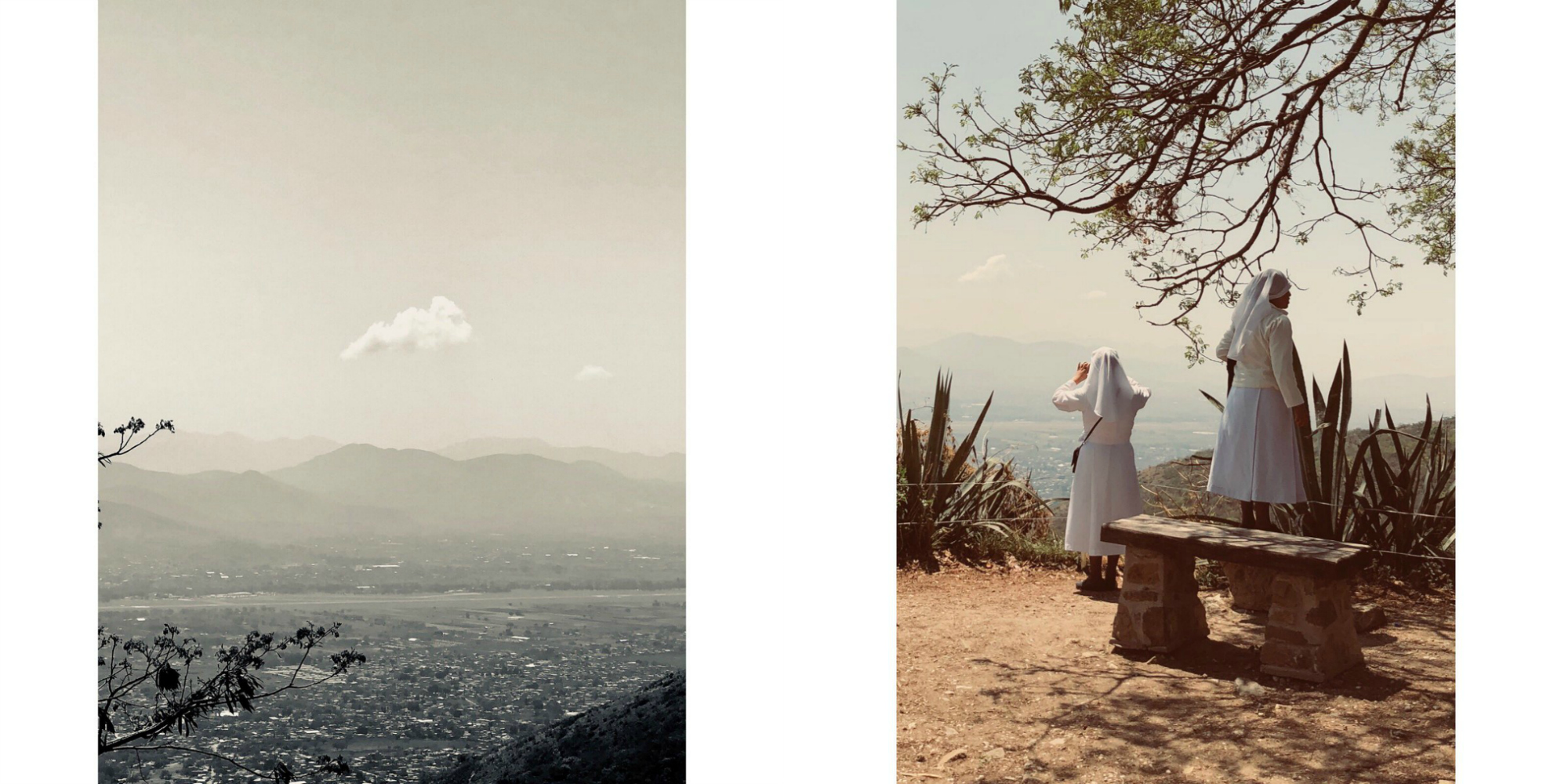
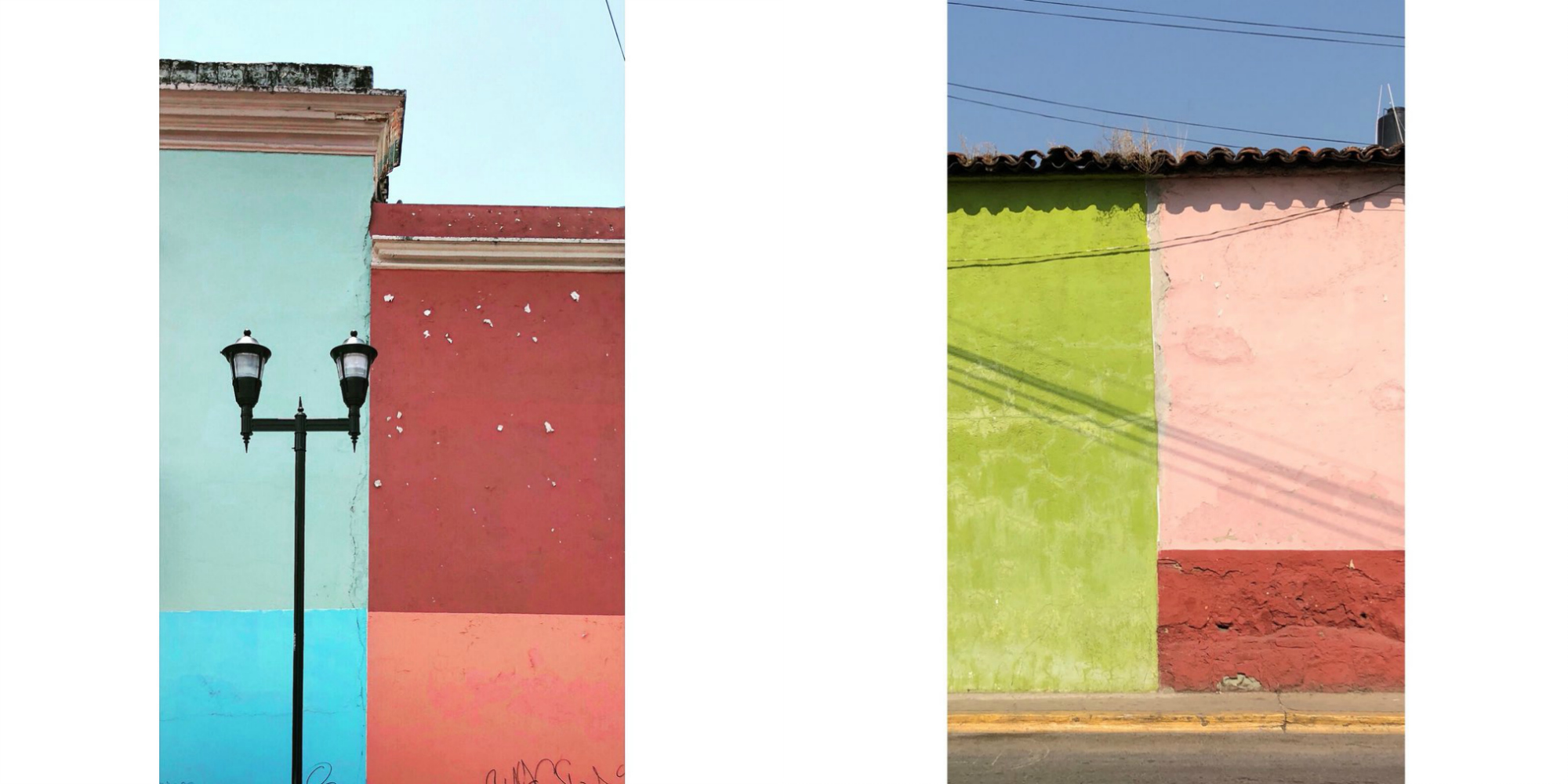
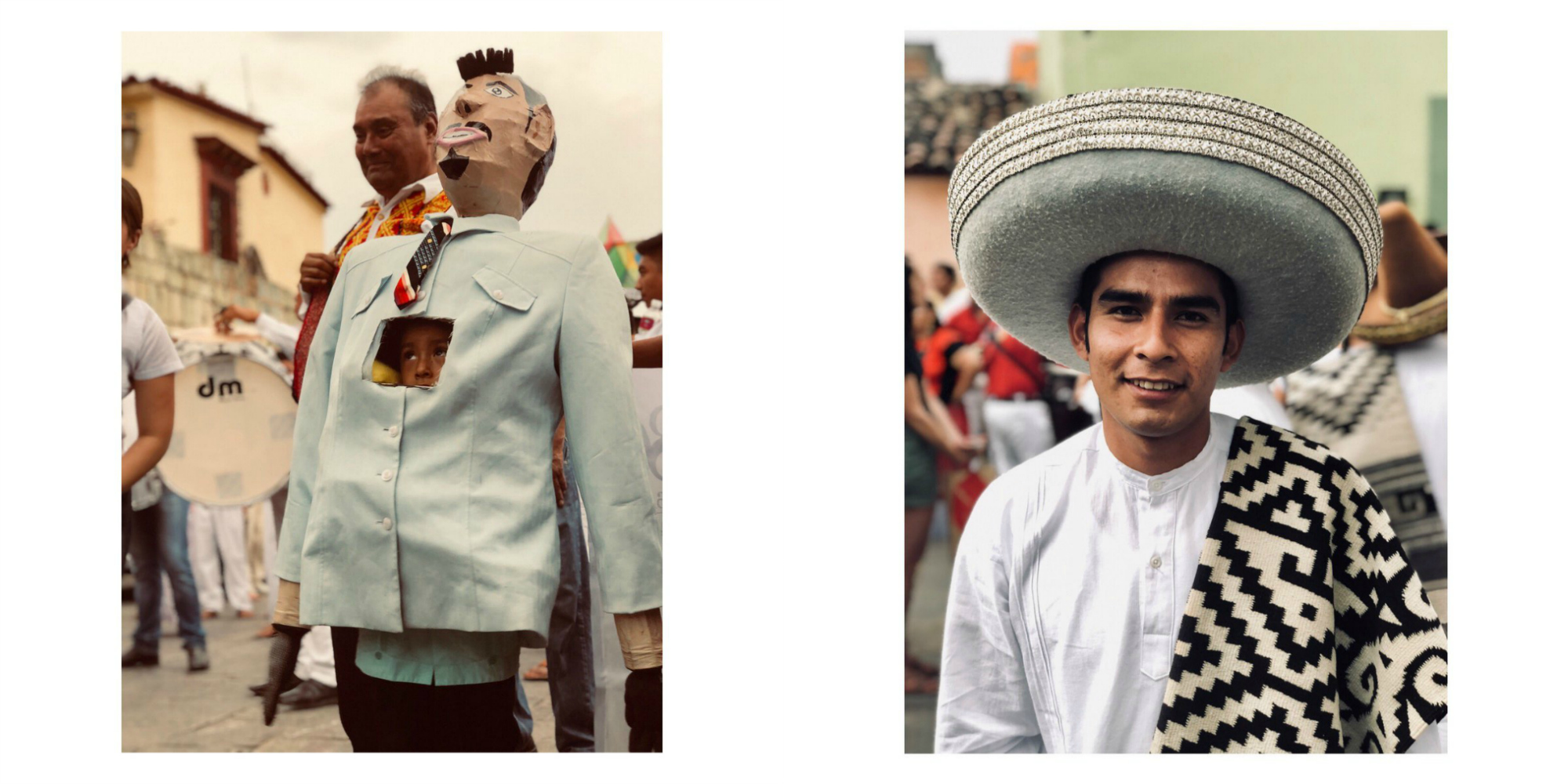
Film, sketches, paintings, poems, novels. Is it hard to focus on one medium at a time? Do any fall by the wayside or are you a professional juggler?
When I was a kid, I actually did want to be a professional juggler. I exhausted all the juggle how-to books from the Scholastic Book Fair catalog. I remember one day, my dad surprised me by showing off his own juggling skills. I had no idea! But yes, for a month or so, I put my whole heart into it, and was so proud to put on a little show in the living room, especially once I got better than my dad at it. I was able to surprise HIM now, and myself too. I stopped juggling pretty immediately, but I wouldn't call it getting distracted. The feeling is always there, it's just that juggling has since turned into dozens of other things. Now, it's illustration, poems, novels, sketching, etc. When my dad showed that he could juggle that day, the whole world lit up from a new light, a light that I didn't know was there, and it shone into the corners. It was so exciting. I want to do THAT! When I see great illustration, great poetry, great novels, great films, it's like that still. And it's everywhere because I seek it out now. The world still lights up in a new way every time. Like, WHAT? Where are the PENS! Where is the Scholastic Book Fair catalog?!
I love to juggle but have never been able to surpass three objects. Might be a metaphor. Outside of your own work, what have you been reading as of late?
I just brought a few books to Oaxaca, where I'm staying for a month with my partner, Brandi. I'm trying to spend some good hours everyday reading, writing, and drawing. Let me look in my bag here, let's see let's see. I brought Marquez's collection of stories, Leaf Storm. It's a beautiful hard back first edition that I snagged from Jackson Street Booksellers in Omaha. My copy doesn't have the dust jacket, so on the light blue linen cover is a green foil stamp illustration of a bird. I just got that image tattooed on the front of my shoulder in Oaxaca yesterday by this nice gentleman named Gustavo. He had never heard of Marquez before, so I shared the good news. We had a whole broken conversation by just naming off our favorite metal bands. I also brought Cortazar's collection of short stories, Blow Up. Reading Cortazar is like being wide awake for your dreams. Let's see, what else is in here. Raphael Bernal's The Mongolian Conspiracy, which I haven't started yet. I wanted to read a good Mexican crime novel down here, and I've still never read Bolano's The Savage Detectives, but it was a bit too heavy for my little backpack. I just brought one backpack. Oh! And a few days ago from a bookshop in Oaxaca, I bought La Isla de los Cien Mil Muertos by Jason Fabian Vehlmann, a graphic novel in Spanish. This is a great way to sharpen my foreign language skills because the context of the images is so helpful. I'm just reading a couple pages at a time really. So far, a girl has found a treasure map in a washed up bottle on a beach and wants to continue the family legacy of treasure hunting...I think. Oh, and Pedro Páramo by Juan Rulfo (in English).
I now have so many books I need to check out from the library! It's so great that you selected your literature based on location. I feel like that's an even better way to take in your surroundings while abroad.
For this ongoing author interview series, I'm asking for everyone to present a writing prompt. It can be one that you craft out of thin air, it can be one you created a while ago, or it can be one you adore from an outside source that was passed down to you.
One writing prompt would be this: Compose one long poem only in your head for a year. What can you see that no one else can see? That'll get you started. For the entire year, keep your laptop closed, keep your phone off, and in the freezer, someone else's freezer. Don't pick up a pen, and don't use paper. Don't talk to anyone. Don't talk. Just work on your poem. Then, without ever writing it down, or recording it in any way, read your poem aloud from memory on a stranger's grave. Imagine being the dead. This is your gift.
Do you have any advice for writers/poets working on their craft?
Now is a good time.
Any final thoughts / words of wisdom?
Now is not the time.










